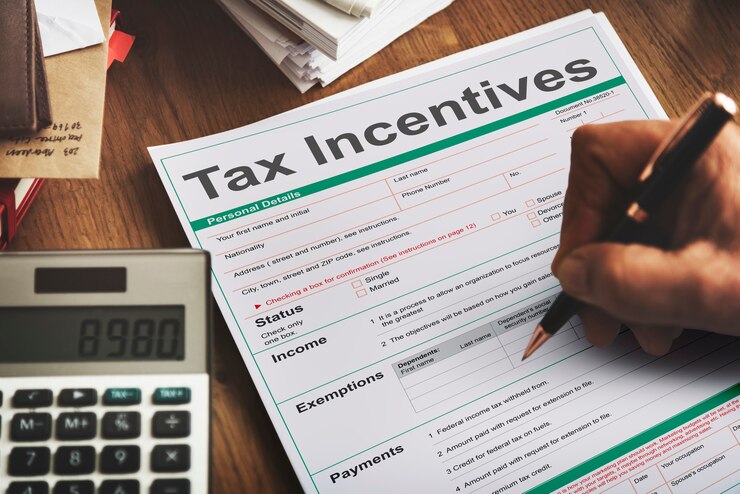A Guide to Self-Assessment Tax Return Extensions and Payment Plans
3 min read
A Guide to Self-Assessment Tax Return Extensions and Payment Plans
Self-assessment tax return filing can be a challenging undertaking, particularly in situations involving unforeseen events or financial hardships. Thankfully, HMRC provides taxpayers with the opportunity to request extensions and establish payment plans in order to reduce the strain and anxiety associated with meeting deadlines. We’ll go over five key topics in this blog post about payment plans and extensions for tax return self-assessment.
Understand the Deadlines
Recognizing the deadlines is the first step toward managing extensions and payment options for self-assessment tax returns. The majority of people have until January 31st of the subsequent tax year to file their online tax returns. There could be penalties and interest charges if you miss this deadline, and they add up rapidly. HMRC acknowledges that extraordinary situations may occur, nevertheless, in order to support taxpayers in staying in compliance, they provide payment plans and extensions.
Requesting a Tax Return Extension
You can ask HMRC for an extension if you are unable to submit your self-assessment tax return by the deadline. It’s crucial to remember that requests for extensions are not always approved; instead, you must give a good explanation for your request. Acceptable explanations could be a major sickness, a death in the family, or unforeseen circumstances that have made it difficult for you to file your taxes on time. HMRC will evaluate your situation and decide if an extension is necessary.
Setting Up a Payment Plan
You can still have trouble paying the entire amount of taxes due even if you are able to file your tax return on time. HMRC gives you the opportunity to arrange a payment plan in certain situations, which enables you to spread the expense over a more reasonable time frame. You need to meet specific requirements in order to be eligible for a payment plan. These requirements include not having any unpaid tax returns, having a solid payment history, and being able to pay the remaining amount in a reasonable amount of time—usually 12 months or fewer.
Understanding the Implications
Even though payment plans and extensions can be relieving, it’s important to be aware of the possible consequences. In the event that you are approved for an extension or payment plan, late filing fines and interest costs can still be imposed. In addition, HMRC may impose additional fines and take enforcement action if you don’t follow the conditions of your payment plan. Keeping lines of communication open with HMRC is crucial, as is responding quickly to any changes in your situation that might make it more difficult for you to fulfil your responsibilities.
Seeking Professional Advice
Navigating the self-assessment tax return process, including requesting extensions and setting up payment plans, can be complex. If you’re unsure about your eligibility or the appropriate steps to take, it’s advisable to seek professional advice from a qualified accountant or tax specialist. They can guide you through the process, ensure you meet all requirements, and represent you in communications with HMRC, minimising the risk of errors or misunderstandings.
Tax return self-assessment filing can be a stressful process, however, HMRC understands that certain taxpayers may have circumstances that make meeting deadlines challenging. Even in difficult situations, you may guarantee compliance with your tax duties and prevent needless penalties by being aware of your options for payment plans and tax return extensions, as well as by getting professional help when necessary.



